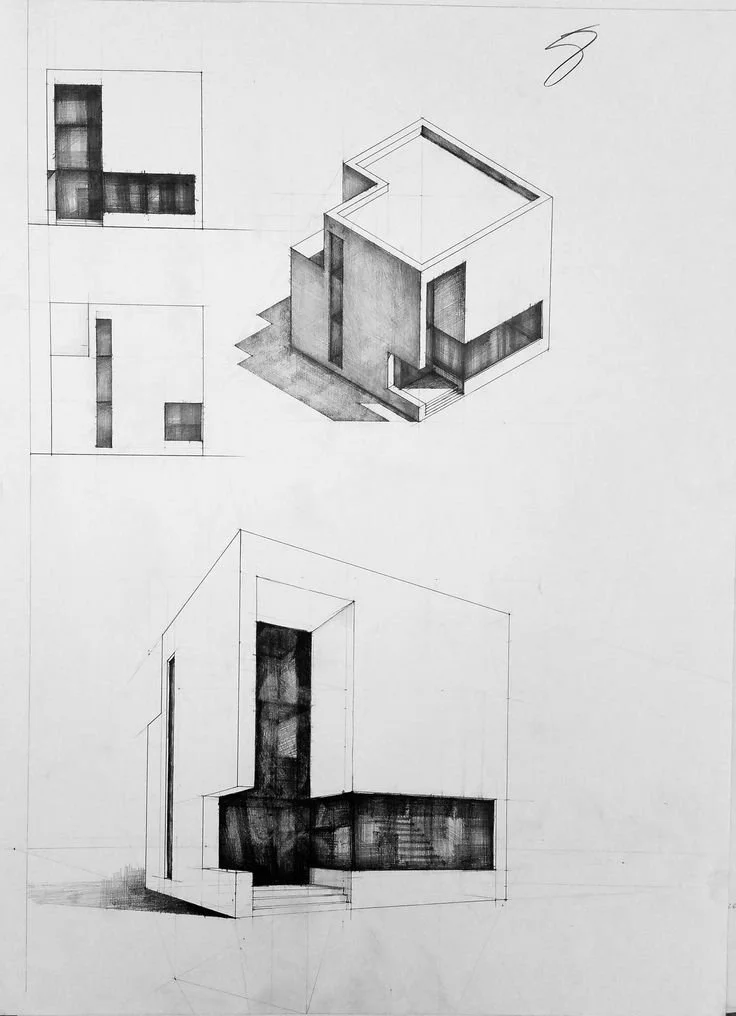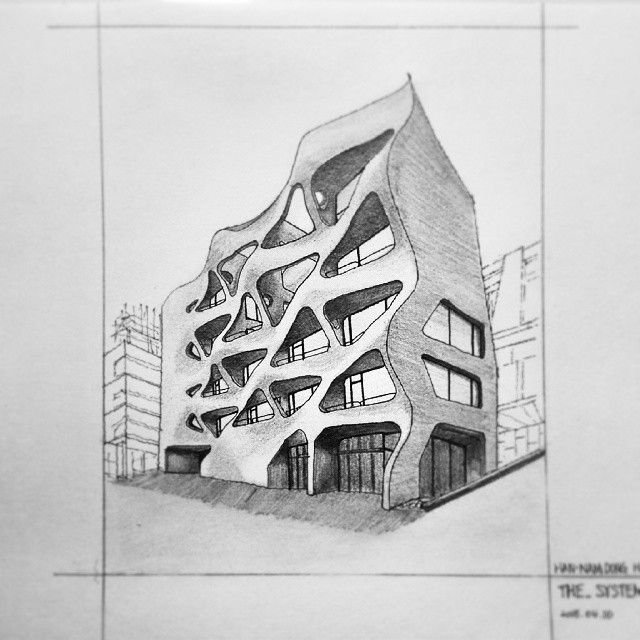minimalism.
My concept of art is confusing to my own mind. It’s a place of finding the intersection between creativity and chaos. I think that chaos is bred from the brilliance that creativity holds. And creativity itself is chaotic in its own nature. Perhaps the way I see art is flawed simply because creativity isn’t full of chaos at all points, and it doesn’t need to be. Perhaps, perhaps it’s full of charm and character as well. See, I’ve come to the realization that this fictitious world we are apart of is only possible because of the character we assign certain things. It isn’t meant to just be a valiant effort of simplistic ideas that all fall into place in a perfect manner, that’s where the chaos is felt. But, in saying that, the character we give to certain things shapes how we see the world itself. And in seeing that, it’s brought me to realize that perhaps the chaotic nature of creativity that I chase isn’t actually a chaos that’s within the creativity, but a feeling that must be vanquished outside of it.
I’m going to analyze a few images and pieces of art in order to grasp the character we have assigned to each of them, and the way our world interacts with them on a daily basis.
Society struggles with the concept of building itself from the ground up. I think nobody is willing to admit that, but if you think about each major city in the world, it has become what it is because of a society that shifts and changes often. Sometimes that change doesn't occur for hundreds of years, and sometimes it’s sudden, but either way it is still a change that forces new societal ideals to be pushed to the forefront of the culture you are trying to build. I think in seeing a minimalistic approach to civilization there becomes a moment where you must reckon with how lacking it has become in culture. There is nothing that sparks the imagination, no story can be told from a place that’s a square box, black, and white, other than a chaotic story that means nothing because it has no cultural relevance. I found myself disagreeing with this very sentiment in the minutes leading to me writing this article, and yet, I agree with the idea now. That minimalistic architecture, and art, strips the culture and humanity from the system of thought we are brought to believe in. I think these examples give a good view into the lack of culture and bravery that oftentimes our society now struggles for in the way of architecture.
There is nothing brilliant about this architecture. It’s blocks, legos stacked upon each other mimicking an idea someone had that is boring. It’s simply boring. And I have to say, I was and still am drawn to this type of architecture. Perhaps that’s down to my feeling of chaos being stripped as it becomes simple. There’s a safety in knowing nothing is new, it is all boring. Or maybe it was simply the way I saw the angles that were so jagged and sharp, stark in its own nature that every single aspect of it was something odd. As if it wasn’t built to be a home, it was built to be a piece of art. Maybe that’s the shift we have found ourselves in. Every moment we have where art mimics life, perhaps life has begun to mimic the art we put in front of ourselves. Every aspect of life is minimized now. From our relationships, to the reading we do, to the way we learn, everything has become minimized or maybe a better way to put it, is it has become boring. Now, there are modern ideas that strip away the boringness that was exemplified in the way that last building was drawn, but it takes a different route to modernist storytelling through the architectural lens.
Using architecture to mimic nature is the building block of a culture itself, which is what our architecture has lacked ever since the idea of a modernist or postmodernist take on building has come into play. These ideas are not new, and some of them are good, but in finding a place where the intersection between architecture and nature isn’t only in seeing out a window into it, but rather changing the shape of the building to become one with the world we have become the scum of.
I’m not sure where I can end this thought experiment, but I think it would be best to bring it to a conclusion that wraps each idea up, at least in a manner that befits this article. The idea of minimalism is something that our culture has fought for, because it has a lack of culture. There’s something very singular about it, it isn’t built for communities to form around it, but rather outside of it. I think the way we view art has shifted away from things that spark our creativity in a culturous society and into something that is very one dimensional and part of itself, rather than of a community.
Perhaps the shift towards architecture that invites nature to be a part of it, rather than a thing to be looked at outside of it, is what can spark a new generation of culture. Bridging the gap between what was, and what has been now is the inevitable thing our society will chase. So, minimalism strips culture, but culture is decided by the society we live in. And in saying that, perhaps a newfound attention to the way our world views nature itself will cause society to structure itself in a new manner, a better manner, and a way that causes us to become a greater and longer lasting human race.



